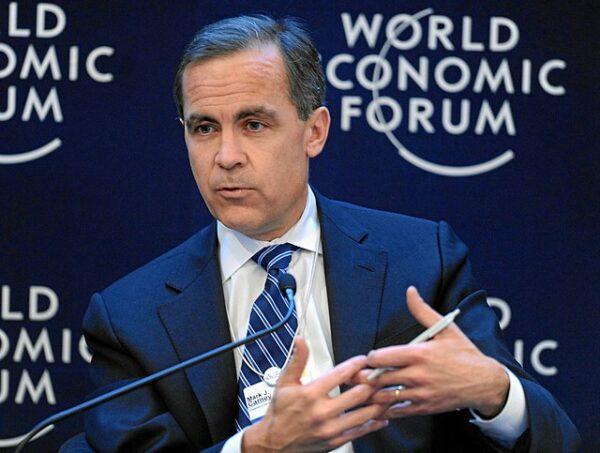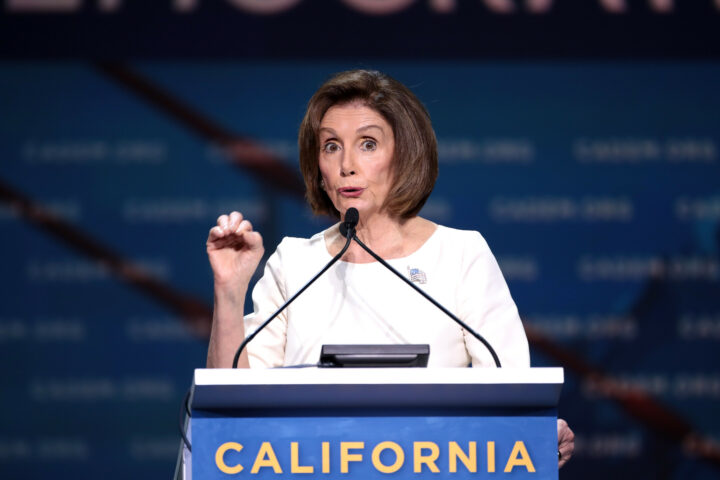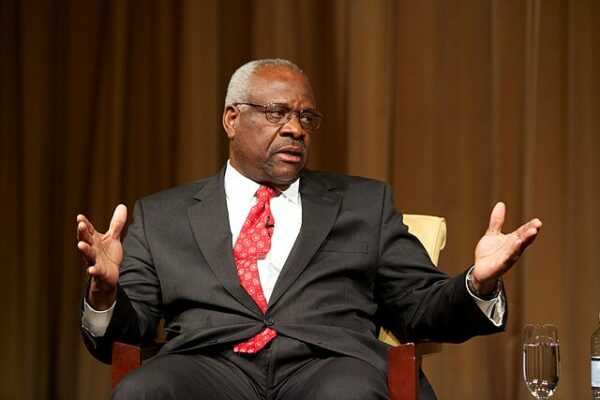Canada has begun backing down in its trade war with the United States. The country has suspended its contentious digital services tax just hours before the first payments were due, marking a sharp reversal that reflects escalating tensions with the United States and growing urgency to salvage trade talks. The last-minute decision follows a warning from President Donald Trump threatening to end all negotiations unless the tax was withdrawn, placing bilateral economic relations at a critical juncture.
The tax, enacted last year but retroactively applied to 2022 revenues, imposed a 3% levy on the Canadian earnings of large digital companies—many of them American tech giants such as Amazon, Google, and Meta, wrote CNBC. Canadian officials had justified the policy as a corrective measure aimed at companies profiting heavily from domestic users while contributing little in taxes. Yet the tax quickly became a flashpoint, drawing bipartisan condemnation in Washington and raising fears of retaliatory action from the U.S. government.
By pausing the levy, Ottawa is recalibrating its posture in anticipation of securing a broader trade agreement with Washington. The shift aligns with a timeline laid out during the recent G7 summit in Kananaskis, where both governments expressed interest in resuming structured negotiations by July 21. Until now, Canadian officials had projected defiance, signaling a commitment to the tax despite American objections.
The Finance Ministry has framed the reversal as a tactical decision tied to long-term economic interests. Officials now suggest that removing the immediate threat of the tax will allow both sides to re-engage on mutual terms, particularly around issues of digital commerce, intellectual property, and investment. The government maintains that Canada will press forward in negotiations deliberately and pragmatically, seeking outcomes that bolster jobs and protect national competitiveness.
U.S. officials, meanwhile, had previously criticized Canada’s retroactive application of the tax, arguing it broke with international norms. The estimated $2 billion burden on American firms became a rallying point for the Trump administration, which has shown little tolerance for perceived economic slights from allied nations. The Treasury Department signaled it would continue reviewing the tax’s effects on U.S. companies, while the U.S. Trade Representative began exploring potential legal and retaliatory options.
The stakes are high. Bilateral trade in goods alone reached over $760 billion last year, making Canada the United States’ second-largest trading partner. While Canada’s original tax plan was born from broader OECD discussions on a unified global digital tax framework, the slow pace of multilateral consensus left Ottawa vulnerable to bilateral blowback. The suspension is a calculated retreat aimed at preserving economic momentum and avoiding further deterioration in U.S.-Canada relations.
[Read More: Pope Leo Targets One Group Close To Home For Help]











People don’t realize just how “in bed” with China Canada really is. The people of some British Columbia cities know full well that Justin Trudope actually had thousands of Chines military troops allegedly doing “survival training” in the forests of B.C. starting just before the 2020 U.S. presidential election. I believe the reason the Chinese were in Canada just in case Trump won the election and the demonRATS had to protest. There were no stories in the news about the existence of Chinese troops. but the B.C. residents saw lots of military vehicles and many more oriental young men visiting local businesses. Survival training ?? Not a chance.
Said Tax would effect Big Tech